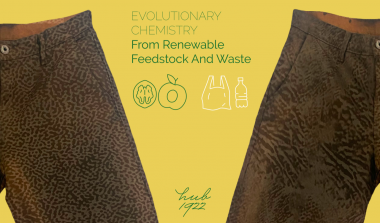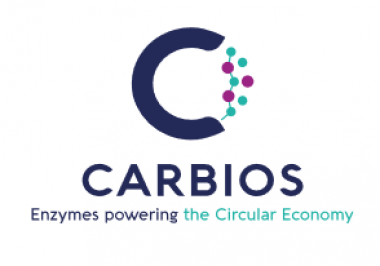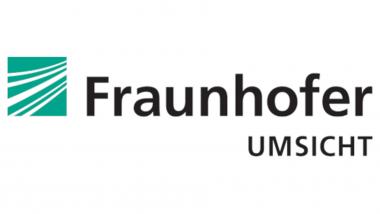RUDOLF HUB1922: Evolutionary chemistry from renewable feedstock and waste
RUDOLF HUB1922 makes a move in response to the escalating demand for genuinely sustainable technologies, particularly from forward-thinking segments within the textile and apparel industry. In a showcase at Denim by Premiere Vision Milan, RUDOLF HUB1922 presents a pioneering range of textile chemistry that embodies true evolution.
This chemistry marks a milestone in addressing the pressing need for sustainable solutions. By harnessing raw materials derived from organic waste, plastic waste, and renewable feedstock, RUDOLF's latest textile innovations stand poised to transform the industry, promising a substantial reduction in its environmental footprint.
Alberto De Conti, Head of RUDOLF HUB1922, emphasizes the radical nature of evolutionary textile chemistry, stating, "RUDOLF's approach tackles the challenge of waste generation head-on by transforming waste materials into valuable resources". The diversion of waste and renewable feedstock away from landfills and incinerators to fuel textile chemical production is a game-changer, that diminishes the industry's reliance on non-renewable resources and endorses a circular economy model.
The successful integration of chemicals derived from organic and plastic waste, as well as renewable feedstocks, necessitates effective communication and education. Herein lies the significance of fostering collaborative efforts within the industry. De Conti underscores this point, stating, "Collaboration among scientists, fashion designers, and manufacturers is paramount. It propels a collective shift towards sustainable practices, making eco-friendly fashion the standard and minimizing the industry's environmental impact".
RUDOLF HUB1922










